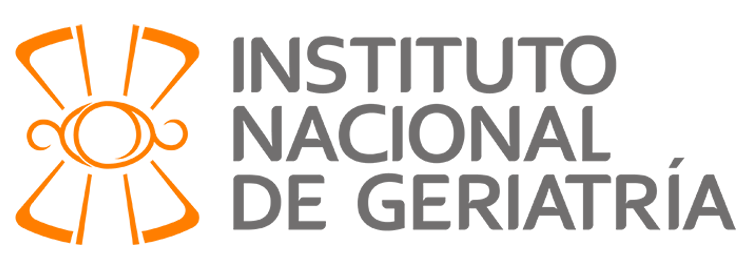


Por favor, use este identificador para citar o enlazar este ítem:
http://repositorio.inger.gob.mx/jspui/handle/20.500.12100/17269| Título : | Association between physical activity and cognition in Mexican and Korean older adults |
| Autor: | Vera Aarsland Miguel Germán Borda Dag Aarsland Elkin García Cifuentes Sigmund Alfred Anderssen Diego Alejandro Tovar Rios Camilo Gomez Arteaga MARIO ULISES PEREZ ZEPEDA |
| Palabras clave : | MEDICINA Y CIENCIAS DE LA SALUD;Ciencias médicas;Ciencias clínicas;Geriatría;Envejecido;Aged;Disfunción cognitiva;Cognitive dysfunction;Demencia;Dementia;Cognición;Cognition;Ejercicio;Exercise |
| Fecha de publicación: | 2020 |
| Editorial : | Elsevier |
| Descripción : | Introduction As the world's population ages, the prevalence of cognitive impairment associated with age increases. This increase is particularly pronounced in Asia and South-America. The objective of this study was to investigate separately the longitudinal association of physical activity and cognitive function in; older adults in Mexico and South Korea. Materials and Methods This is a secondary analysis of two surveys, The Mexican Health and aging Study (MHAS) (n = 5853) and Korean Longitudinal Study of aging (KLoSA) (n = 5188), designed to study the aging process of older adults living in Mexico and South Korea. Participants older than 50 years were selected from rural and urban areas achieving a representative sample. Physical activity was assessed using self-report. Cognition was assessed using Cross-Cultural Cognitive Examination (CCCE) and Minimental state examination (MMSE) in Mexico and South Korea respectively. Here we investigate the longitudinal association between physical activity and cognition during 3 years for MHAS and 4 years for KLoSA using multiple linear regression analyses. Results The prevalence of physical activity was 40.68 % in MHAS and 35.57 % in KLoSA. In the adjusted longitudinal multivariate analysis, an independent association was found between physical activity and MMSE score OR 0.0866 (CI 0.0266-0.1467 p-value 0.0047) in the Korean older adults, while there was no significant association in MHAS. Conclusions Physical activity could have a protective effect on the cognitive decline associated with aging in the Korean population. |
| URI : | http://repositorio.inger.gob.mx/jspui/handle/20.500.12100/17269 |
| Aparece en las colecciones: | 1. Artículos |
Ficheros en este ítem:
| Fichero | Descripción | Tamaño | Formato | |
|---|---|---|---|---|
| Archives of Gerontology and Geriatrics (0167-4943) Vol. 89 (2020).pdf | 300.84 kB | Adobe PDF | Visualizar/Abrir |